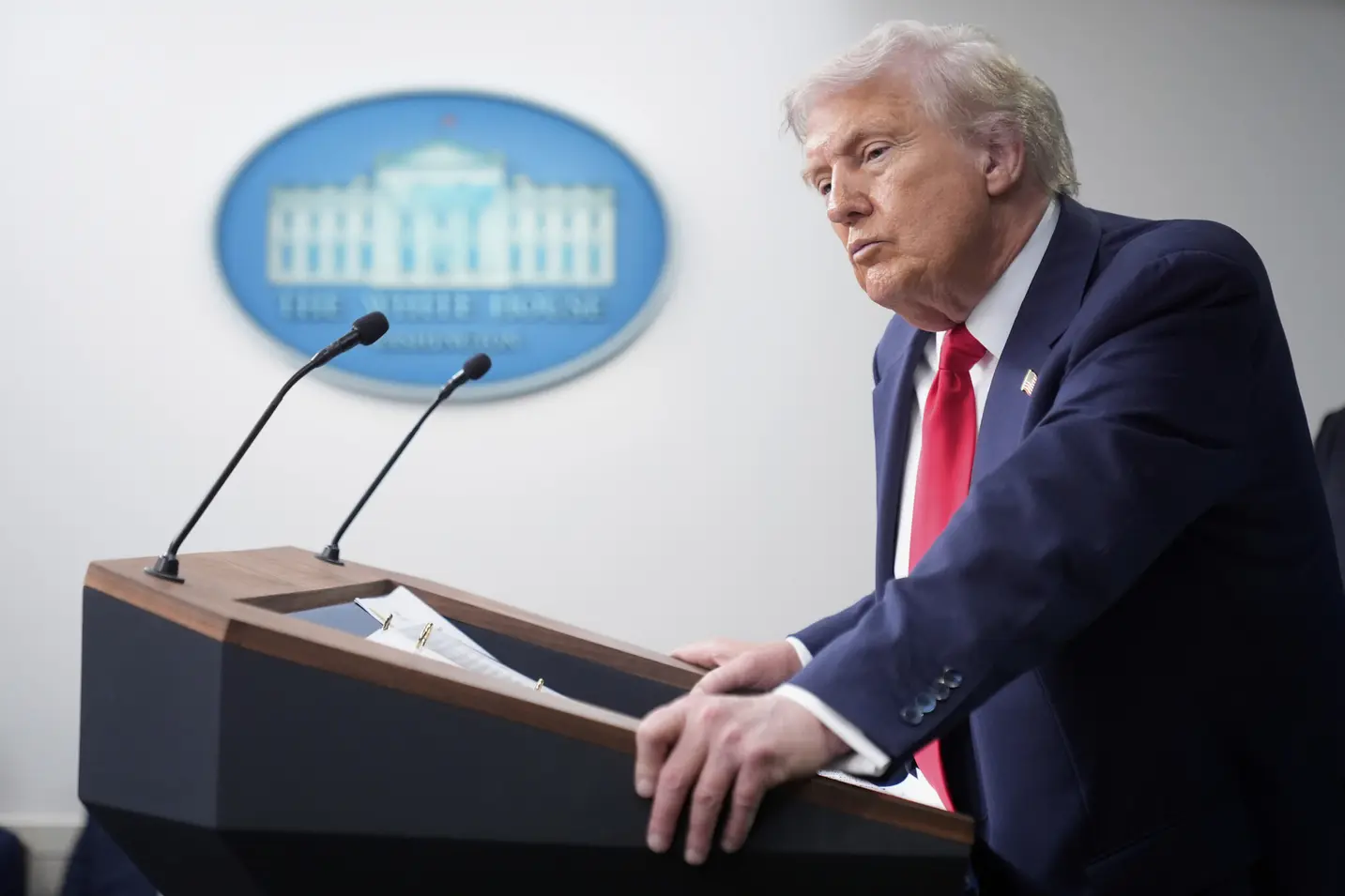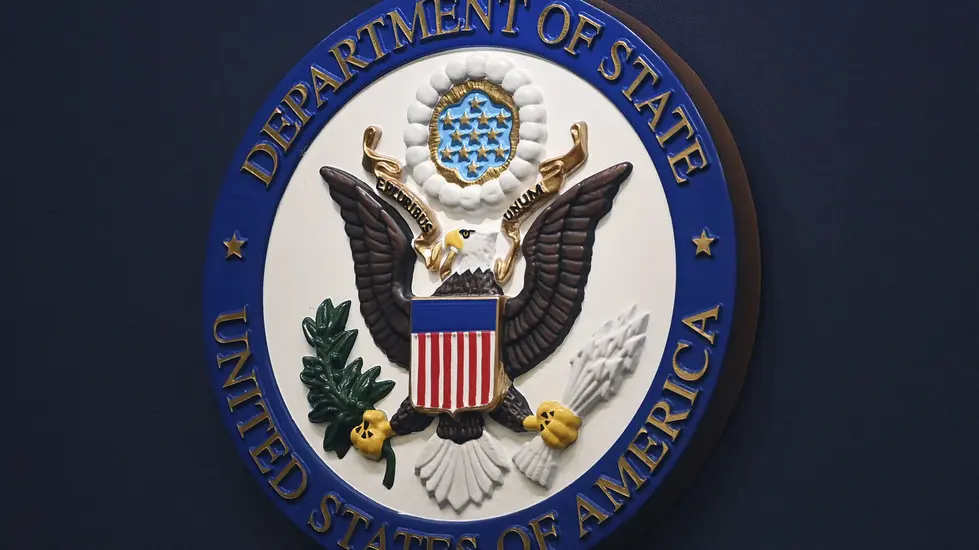T4K3.news
Rights report rewritten
The State Department has restructured the annual human rights report, cutting sections on corruption and LGBTQ+ rights while softening critique of allies.

The revised report softens criticism of allies and escalates disapproval of perceived foes.
Trump rewrites and scales back annual human rights report
State Department officials say the document has been restructured to remove redundancies and increase readability. Entire sections on government corruption and LGBTQ+ rights have been trimmed, dramatically reducing coverage compared with previous years. The overhaul softens criticism of allies such as Israel and El Salvador while sharpening wording toward Brazil and South Africa.
The changes follow internal debates and political guidance to shorten the report. Critics argue the edits undermine decades of rigorous human rights reporting. The omission of ICC arrest warrants for Israeli and Hamas figures and the praise of El Salvador's president raise questions about consistency and credibility.
Key Takeaways
"gutting decades of highly respected work on human rights protections"
Uzra Zeya criticizing the rewrite
"it sends a signal that there's going to be a free pass from the United States government"
Zeya's interview with the BBC
"the government took several credible steps to identify officials who committed human rights abuses"
The report's Israel section description
"no credible reports of significant human rights abuses"
El Salvador assessment in the report
This move reads as a shift from watchdog to diplomacy. It signals that politics is seeping into a document meant to document abuses worldwide. The edits could threaten the report’s credibility and leave victims unheard.
The changes may undermine U.S. credibility, upset human rights groups, and complicate relations with allies who expect forthright scrutiny. It also exposes internal divisions over how aggressively to name abuses, and it could invite international criticism of selective reporting.
Highlights
- Rights reporting should not be a bargaining chip
- A report rewritten for politics is a report silenced
- Truth travels on paper even when editors push it aside
- Credibility depends on speaking hard truths not soft edits
Political sensitivity and credibility risk
The edits appear to tie rights reporting to political aims, raising concerns about credibility, transparency, and accountability. Internal dissent and guidance to shorten references to corruption and gender-based crimes invite domestic and international backlash.
The coming weeks will show whether the changes endure or draw sharper scrutiny.
Enjoyed this? Let your friends know!
Related News

Rights report flags UK concerns

Police will share suspects ethnicity and nationality

Mary Austin challenges Freddie Mercury secret child claims

Germany rejects US censorship claims in rights report

Trump overhaul trims Israel critique in human rights report

Nine-page Israel report triggers criticism

Short US Israel Human Rights Report Draws Criticism

State Department trims annual human rights reports
